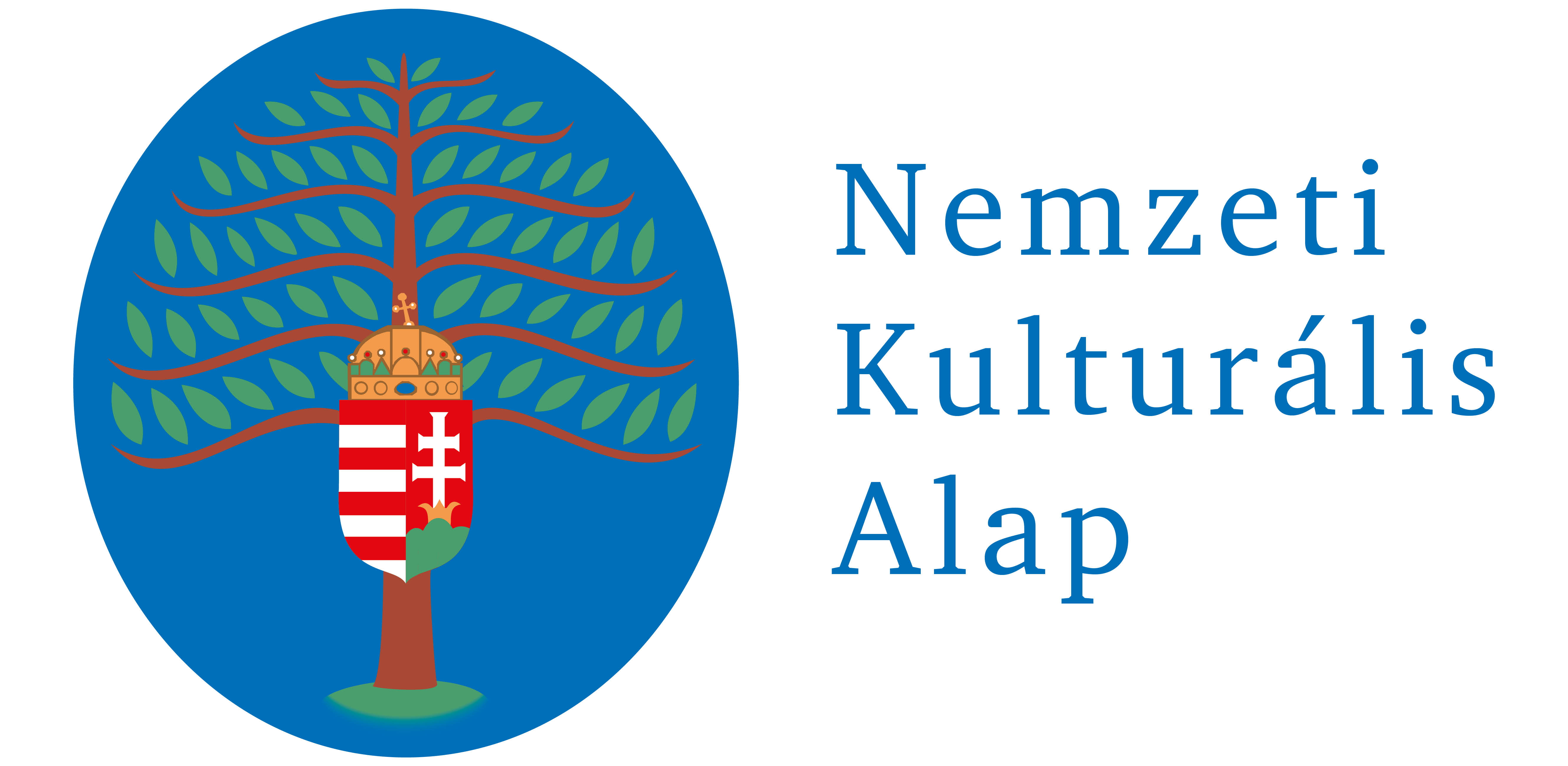Naptár
2024. április 15–19.
2024. április 20.
Eötvös József Kárpát-medencei középiskolai szónokverseny
2024. április 24. – május 3.
Tovább...
4. 2021.
Abstracts in English
Studies
Jánk, István – Lőrincz, Marina
Digital mother tongue education during the pandemic
The COVID-19 caused fundamental changes in several areas of life, including education. This has been examined by several experts from different aspects. However, mother tongue education, and especially teaching grammar, has not been discussed from this perspective so far. The study intends to fill this gap by presenting the results of a study involving 234 teachers of Hungarian grammar, thus providing a closer look into the structure of the digital curriculum. The questionnaire survey conducted in the second half of 2020 focused on the effectiveness and tools of online mother tongue education and the teachers’ experiences in general, among others. The study was based on the premise that although teachers had only little time to prepare for online education, they were able to cope with the task. Obviously, the process didn’t go entirely smoothly, and the too fast transition had its cost and limitations both in tools and methodological issues.
Laczkó, Mária
Communication characteristics in a subject-specific picture description task for teenagers
There is a lot of knowledge about the communication of Hungarian-speaking students, on the basis of experience, and also experimentally. The novelty of the present study is that it assesses the characteristics of students′ communication in a special speech situation corresponding to one of task types of the secondary school final examination in foreign languages. This study analyses the characteristics of texts produced in a semi-reproductive picture description task at the segmental level among secondary school students. Results show that in public education, even in secondary school, there is a need for a planned, conscious development of oral communication, for the growth of communication competence partly in the of mother tongue and partly in a foreign language.
Kaposvári, Boglárka – Mrázik, István
Assessment of students with articulation disorders in public education
The aim of this study was to examine the attitude of high-school teachers towards students with articulation disorders. Previous studies on attitude show that atypical speech might lead to negative assessment (Bodnár 2019 and Jankovics 2016). It was examined whether there are differences between typical speakers and speakers with articulation disorders in their assessment, and in the grade-based evaluation. A questionnaire study was carried out. Participants had to listen to 4 speech recordings from 3 speakers. One of the speakers read the text out in two different ways: with typical articulation and with rotacism. Results show that there are only small differences in the evaluation between the two performances of this same speaker. However, analysing the data by the type of institution and subject, it can easily be seen that the speaker with rotacism received worse evaluation than the typical speaker. In case of oral answers, lexical knowledge was quite important for the participants. Speech is an important means of communicating knowledge, and thus, speech disorders might influence teachers in their evaluation of students.
Workshop
Gonda, Zsuzsa
Increasing student speaking time in online lessons
Research on classroom discourse has shown many times that the frequency and quality of student speech during lessons highly depend on the work forms and methods used. It is a question, however, how the online learning-teaching environment influenced the characteristics of student speech in the classroom. According to national and international research on digital education introduced during the pandemic, live student-speech has become even more marginal due to technical limitations and the lack of methodological solutions. One of the aims of the study is to summarize the communication characteristics of the online lesson, especially the characteristics of student speech, based on a domestic interview research of 40 teachers of Hungarian language and literature. A further aim of the study is to present pedagogical-methodological strategies and techniques which can be used to motivate, structure and develop students′ speaking time in the online space.
Nagy, Balázs
The role of new media in educating people to be readers
The process of educating people to become readers must be conscious and directed, taking the latest research results into account. Today, one of the main obstacles seems to be the fact that the world of newer media (internet, movies, games) becomes much more attractive for young people. However, social change cannot be confronted, we must adapt to it. Changing reader habits are a worldwide phenomenon, and it is evident that today’s readers are experiencing more and more out-of-book reading experiences, so we should strive to use all these to educate people to be readers. The aim of this study is to provide an answer to how new media tools can support becoming readers and reader orientation. It first explores the topic of educating people to be readers, then outlines the characteristics of new media and their impact on culture, and mostly lists the tools, genres, and applications that can play a role in educating people to be readers.














